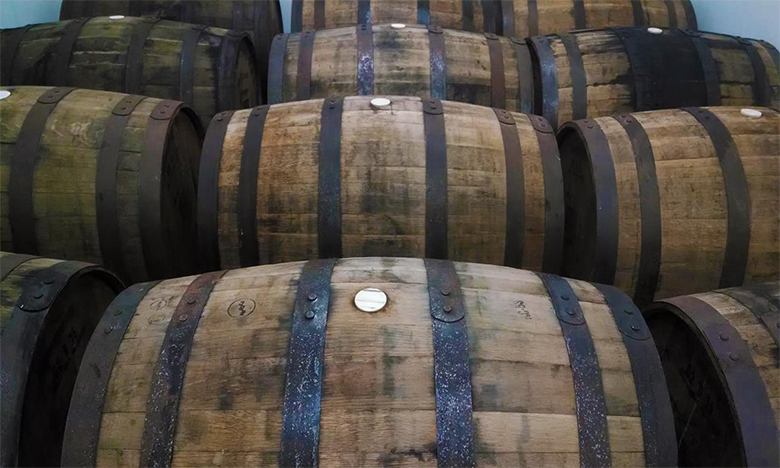When the point-of-sale giant NCR decided to shutter its Viroqua, Wisconsin, factory in January 2009, 80 or so jobs disappeared, and the town of 4,300 joined the ranks of rural communities left reeling by the downturn.
But rather than wallow and complain about tough luck, a group of residents assessed local strengths and turned a 100,000-square-foot sob story into the Food Enterprise Center, a buzzing hub of food-focused entrepreneurship. Fourteen tenant businesses provide around 50 jobs in the former NCR factory, turning veggies into fermented snacks, brewing craft sodas, roasting organic coffee beans, aging maple syrup in bourbon barrels and distributing local produce to institutional buyers like the Mayo Clinic Health System and the University of Wisconsin.
"WE DO FOOD HERE, AND [I FIGURED] IF WE CREATED A CENTER AROUND THAT, IT WOULD PROBABLY BE SUCCESSFUL."
And Viroqua is hardly the only example of a rural community reversing declining fortunes with food. Corbin, Kentucky, revitalized its downtown over the past five years by leveraging a popular weekly farmers market and supporting the growth of Main Street restaurants and cafes. As a result, the Appalachian hamlet has seen commercial traffic spike and its downtown storefront vacancy rate fall from 40 percent to nearly zero.
The Harlan, Iowa, chamber of commerce spent years trying to lure tech firms to its incubator space before a 20-something entrepreneur named Ellen Walsh-Rosmann walked in three years ago with a proposal: turn the 6,000-square-foot building into the headquarters of FarmTable, her growing local-food procurement and delivery business. “We kind of started from nothing,” Walsh-Rosmann says. Now the business works with three dozen farms and sells about $500,000 of locally grown food annually, supplying produce to 30 Hy-Vee grocery stores and numerous restaurants in the Omaha and Iowa City metro areas. Walsh-Rosmann and her family also opened their own restaurant, Milk & Honey, and, between the two businesses, they now employ around 15 people.
Moreover, by creating new markets, Walsh-Rosmann’s enterprises have invigorated the region’s sustainable-farming community. At a time when many of Iowa’s small farms are disappearing, FarmTable’s producing partners are scaling up and hiring. “It’s had a significant impact,” says Gene Gettys Jr., Harlan’s city administrator. “Ellen’s business is right at the heart of our region. Nothing better demonstrates the value of agriculture to the local economy.”
Up in Wisconsin, Viroqua and surrounding Vernon County found that out back in the 1980s, when the region’s economy relied heavily on tobacco farming. As government subsidies disappeared and tobacco prices faltered, farmers turned to new crops and different business models. Some tapped into the area’s significant “back to the land” population and formed a cooperative crop pool for organic produce. This being Wisconsin, organic milk production soon followed. The region now has one of the highest concentrations of organic farms in the country and is home to Organic Valley, one of the biggest organic food businesses on the planet.

